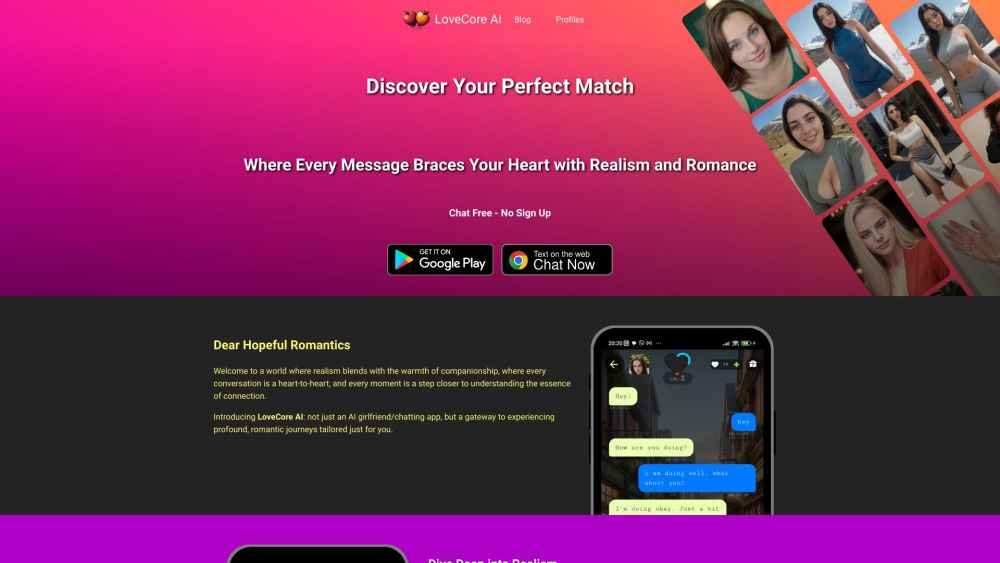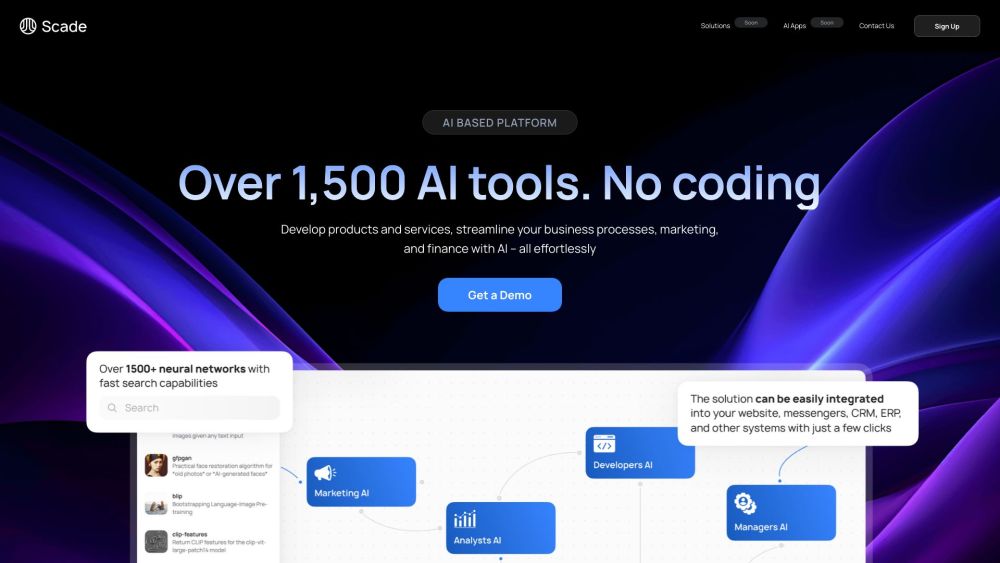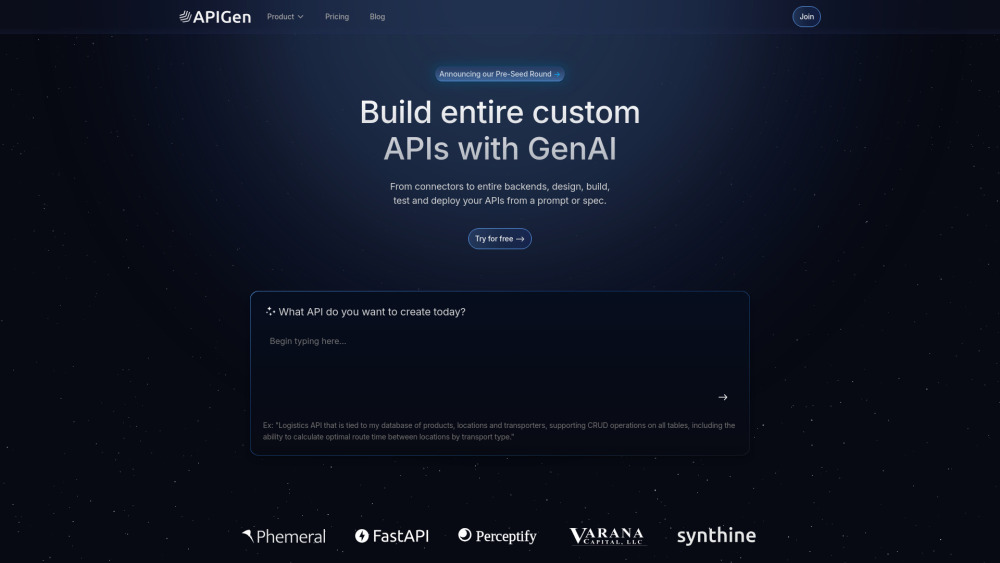Among the professions facing potential replacement by AI, language teaching is certainly at the forefront.
This notion isn't without controversy. Some employers, like Duolingo, have deemed AI a suitable substitute for human language instructors. Despite AI-generated translations often lacking the lexical richness of those produced by humans, the significant cost savings can make this trade-off appealing to some managers.
However, certain companies believe AI can deliver scalable solutions that traditional language teachers cannot. One such company is Loora, which utilizes conversational AI to enhance English learning experiences. Co-founded by Roy Mor and Yonti Levin, Loora's iOS app allows users to engage in conversations with a chatbot that provides real-time feedback on their English comprehension.
“The inception of Loora stemmed from our frustrations with existing language learning tools,” Mor shared in an email interview. “Current language apps cater mainly to beginners or casual learners, while hiring human tutors tends to be expensive, inconvenient, and limited in availability.”
Loora, which derives its name from the Arabic word for "language," offers users an array of AI-generated conversation topics, ranging from sports and technology to business, fashion, books, and TV shows. The app not only provides feedback on grammar but also on pronunciation and accent. If users encounter difficulties, a direct translation in their native language is readily available.
Loora tracks users' proficiency over time, utilizing these scores to tailor conversation topics to their individual speaking levels. While numerous platforms like OpenAI-backed Speak, Preply, and ELSA offer similar features, Mor contends that Loora distinguishes itself by targeting “serious learners” striving for fluency in English for personal or professional growth.
“Most language learning apps available today are overly simplified and gamified,” Mor remarked. “Loora has developed and fine-tuned its AI specifically to help users attain true English fluency, far exceeding mere conversational skills. Our approach relies exclusively on our own data and a customized training and evaluation system, which ensures continuous improvement in user retention.”
Mor further argues that Loora is particularly well-suited for specific language learning scenarios, such as preparing to pitch ideas in a business meeting. He asserts that human tutors often have limitations in their subject knowledge, which Loora’s app aims to overcome. Additionally, Mor believes that specialized tutors may be more sought after than general language instructors.
“Consider a learner focused on mastering high-level discussions around business concepts for work,” Mor explained. “If a tutor, although fluent, lacks familiarity with the subject matter, they are ill-equipped to effectively teach English for that particular context.”
While these claims are ambitious, language education apps face inherent limitations, especially those lacking human feedback. A study conducted by Michigan State University found that almost all participants improved their grammar and vocabulary after using popular language-learning apps, but only about 60% showed gains in oral proficiency—a common hurdle for digital learning platforms. The researchers concluded that a hybrid approach combining online and in-person instruction was most effective for developing and retaining second language skills.
Nevertheless, investor interest in Loora remains high, likely encouraged by the substantial growth potential in the English language learning market, projected to exceed $70 billion by 2030, per Research and Markets.
Loora recently announced a successful $12 million Series A funding round led by QP Ventures, with contributions from Hearst Ventures, Emerge, and Two Lanterns Venture Partners—bringing its total funding to date to $21.25 million. Mor indicated that this capital will be allocated toward developing Loora’s Android app, enhancing its core AI technology and conversational features, and expanding its workforce from 14 employees to 25 by the end of 2024.
Additionally, Loora plans to introduce an enterprise service, allowing them to reach a broader audience beyond its current user base of 15,000 app users (Loora charges $15 monthly or $120 annually). While the startup's consumer segment has seen substantial growth—an 8x increase in annual recurring revenue in 2023—Mor identifies corporate clients as a key growth driver.
“Our upcoming business-to-business offering will make Loora accessible through employers, universities, and institutions, reaching those who need it most,” Mor stated. “With the success of our Series A fundraising, combined with our effective unit economics and expanding customer base, we believe we are well-positioned to navigate any future challenges and continue to grow while serving our learners effectively.”




